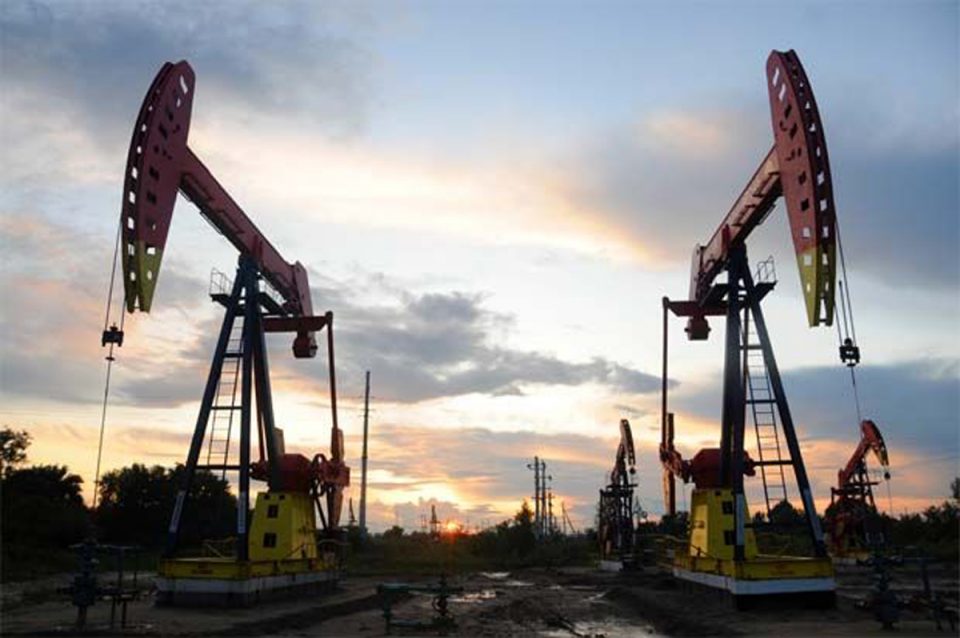According to Rewane, “normally, you would allow at least 20 per cent headroom between the spot price and your benchmark price. If you are to take 20 per cent headroom, which means the oil benchmark should be about $32 per barrel.
“Then, you give room for negotiation with the National Assembly. Let’s say all things being equal the lawmakers could add $3 and you end up at about $35 per barrel. “That gives you enough headroom. Now you are proposing $40 per barrel and crude oil price even dropped to $39 per barrel last week. So, I think it is too ambitious because in the oil market you never know what would happen.”
Furthermore, he argued that the federal government’s estimated crude oil production volume was also overtly ambitious, explaining that presently, Nigeria’s production quota is 1.4 million barrels per day.
“So, I would have preferred to see 1.6 million barrels per day as production volume and $32 per barrel as the benchmark price,” he said.
In terms of the N379/$I, which the budget was predicated upon, Rewane said: “I think we should have an exchange rate-determining mechanism. If you are going to unify the exchange rates, it is definitely not going to be around N379 to a dollar. I don’t want to give an exchange rate, but I think we need a flexible exchange rate. But generally speaking, it is a countercyclical budget, which is good. There is growth in the expenditure, both in naira and dollar terms.”
A Senior Economist/Head of Research and Strategy, Greenwich Merchant Bank, Mr. Ayodeji Ebo, said the exchange rate benchmark does not align with current realities in the forex market and was a complete deviation from the federal government’s step to unify the exchange rates.
“The oil production seems overly optimistic, given the OPEC cut in oil output,” he added.
The Managing Director, Afrinvest Research, Mr. Abiodun Keripe, said: “The exchange rate peg is insufficient as the prospects for recovery in the value of the naira remains weak. I assume that the government is being mindful of signalling a weak outlook for the naira.”
The Head of Investment Research at Sigma Pensions, Mr. Wale Okunrinboye, said: “Where I would have an issue is with the non-oil assumption. That is where I suspect they might have made an over-optimistic assumption. The economy is recovering and the potential revenue you can gain from businesses is much lower than you would gain normally.
“It is a bigger budget and I don’t see our non-oil revenue growing as fast as the estimates in the proposed budget; so, there is probable room for disappointment in that front in 2021 just because of the pandemic and I am not sure the economy would have recovered strongly by next year.”




